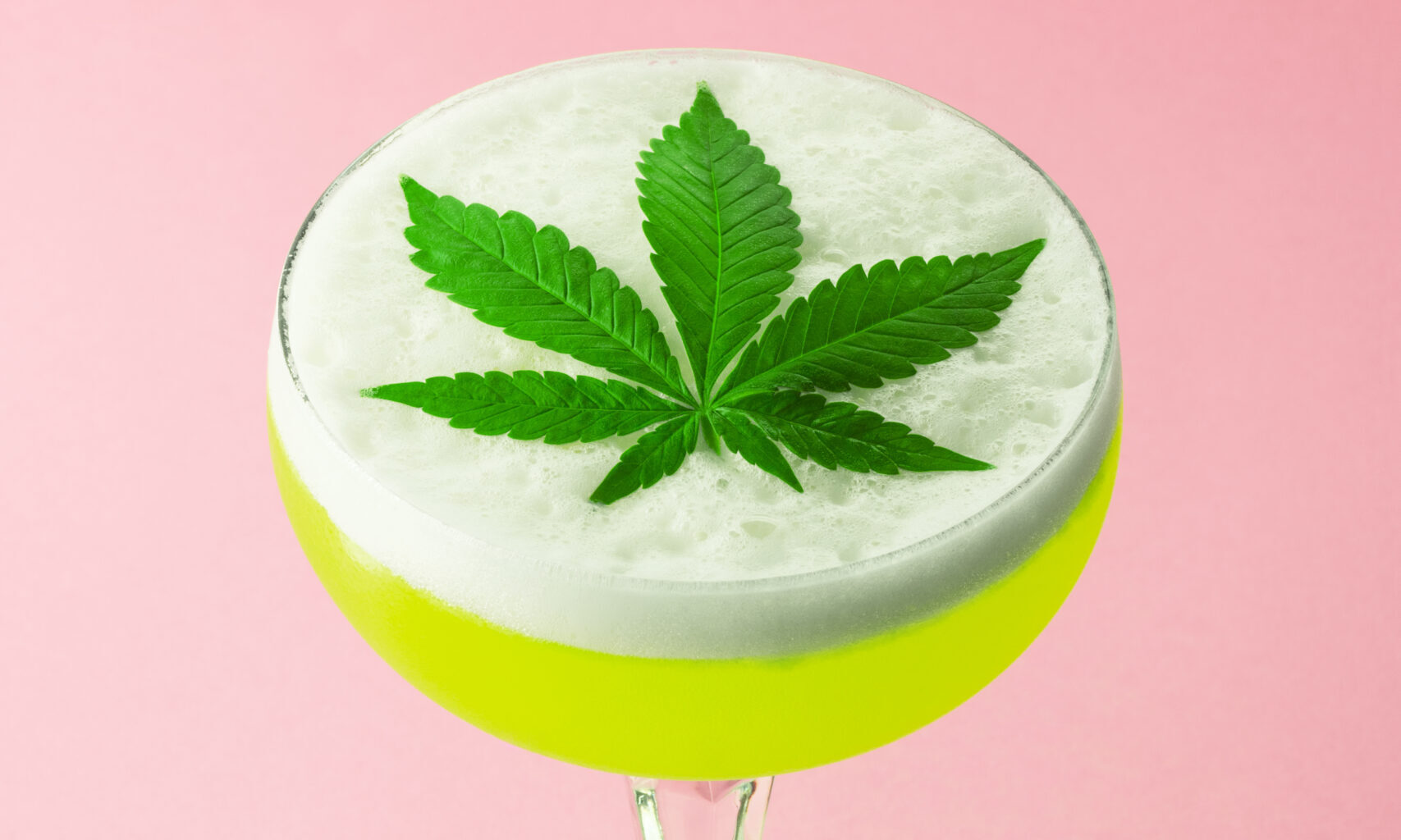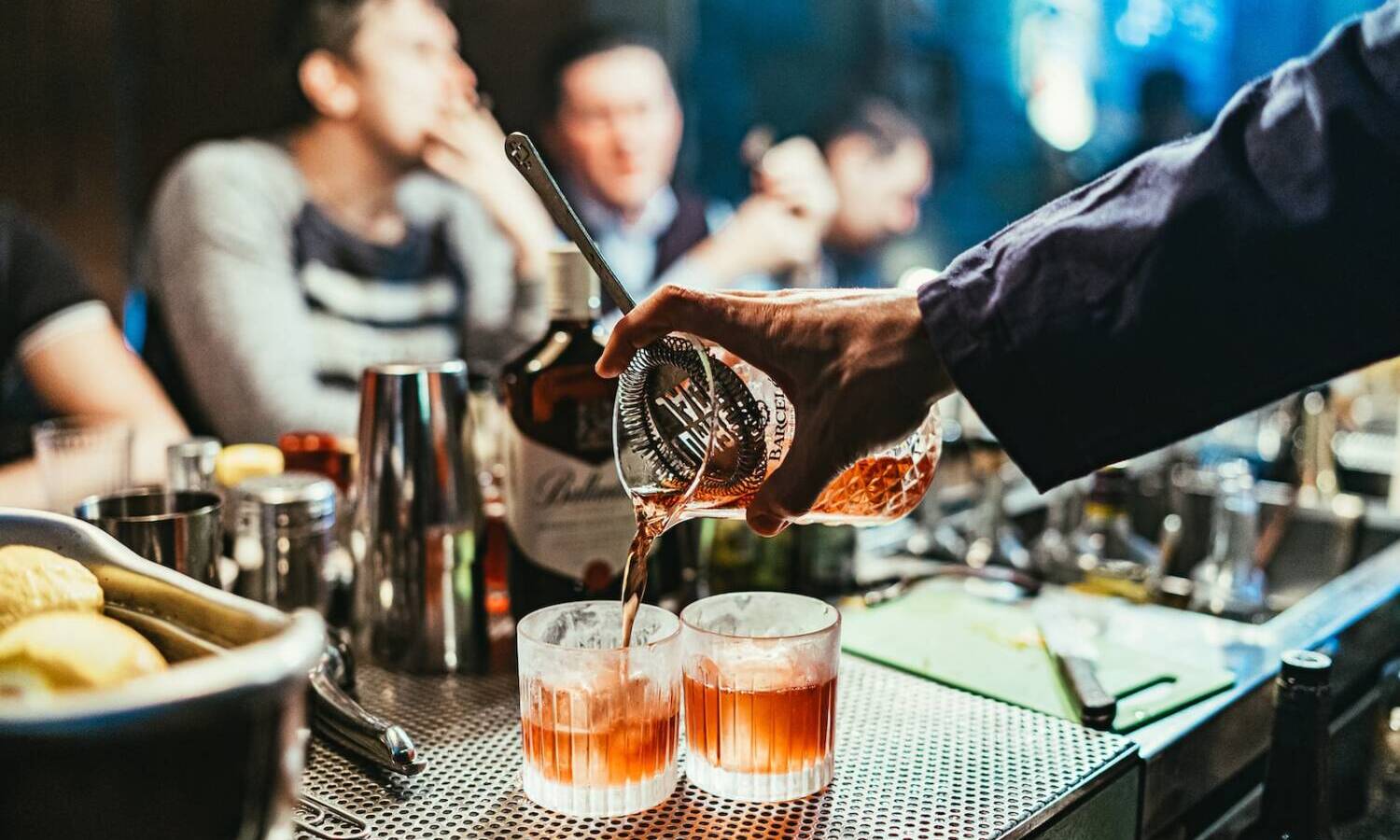Alcohol companies continue to take stakes in marijuana companies expanding their role in helping you relax/chill/dance
The good news is soon when you can kick back and consume marijuana you can still be supporting your favorite beer company. The trend of alcohol companies jumping into the marijuana industry continues (with one major exception) and makes sense. Legal cannabis sales (recreational and medical) were roughly $11 billion in 2022, roughly falling between the sales of Starbucks ($13 billion) and Subway ($10 billion). Recent study shows it is about a 10th of size of the beer market and less than half the size of the craft beer industry.
Like Coca Cola saw bottled water as a revenue expansion, alcohol sees the same for marijuana. While for cannabis start ups and some existing brands this might be seen as a threat, for the consumer – this only has upsides.
As the cannabis industry strives toward federal legalization, they are struggling to convince Congress. But major booze companies now having a bigger stake in tapping the potential cannabis market, they can use their massive influence in Congress way more and way quicker than a stand-alone weed companies.

Marijuana legalization is associated with increased use of alcohol, a new study published in JAMA Health Forum revealed. The startling new evidence contradicts prior research that showed that cannabis legalization did lead to more marijuana consumption, but also decreased the use of alcohol. This only helps alcohol increase profit margins.
Heineken, Molson Coors, Pabst and Constellation Brands have all invested heavily and for good reason. Beverage companies know how to sell directly to consumers (grocery, convince stores, etc), know how distribute to bigger sites (concerts, hotels, events, sports). and they know how to reach millions of people every hour (restaurants). They have walked hand in hand with politicians and produced billions in profits spread across a variety of partners.
RELATED: Americans Are Choosing Marijuana Over Alcohol
Another upside is consumer trust alcohol for a steady same taste and effect experience no matter the location or time of year. There is a reason Bud Light is the number one selling booze brand in the US, customers expect uniformity from Key West, Florida to Mountlake Terrence, Washington.
RELATED: Is Cannabis A Threat To Alcohol Sales? It’s Complicated But Here’s What The Experts Say
Currently, one major exception is the failed experiment between juggernaut Anheuser-Busch InBev and Tilray. Tilray and it’s founders desperately want to be the leader in the cannabis industry but continues to struggle with product delivery and more.


